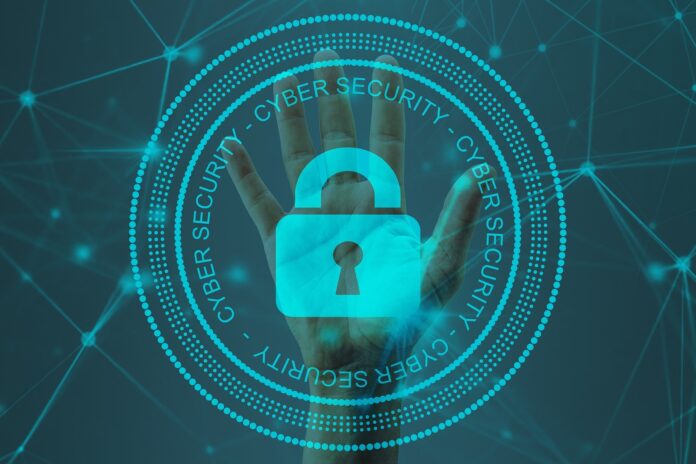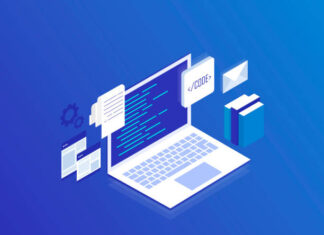Cybersecurity software has become increasingly important in the business world. Such software can provide different layers of protection depending on the requirements and size of a particular business. Businesses need to use these applications to protect their customers’ data and confidential information to remain competitive in today’s global market.
1. Protecting Customer Data
In business, sensitive customer information such as credit card numbers and addresses are regularly stored in company databases. As a result, hackers are always coming up with new ways to access this sensitive information. Cyber security software provides a much-needed layer of protection against these malicious attempts by constantly monitoring the company’s systems for potential threats and alerting its staff of any suspicious activity.
For example, a law firm cloud system gives attorneys an easier way to store, access, and manage all legal documents allowing them to be as productive and efficient as possible. By implementing robust cyber security measures, organizations can safeguard customer data while allowing them to have peace of mind knowing their data is secure.
2. Preventing Data Breaches
Data breaches can occur when hackers gain access to a company’s network and steal sensitive data. Companies are utilizing this technology to reduce the risk of falling victim to a data breach and fortifying their networks from external attacks.
Cyber security software uses layers of protection such as encryption, two-factor authentication, firewalls, and malware detection to secure company systems and networks by identifying malicious activity or potential threats before it does any damage.
3. Securing Remote Workers
For companies that employ remote workers, cyber security software applications provide an even greater level of protection. By using software to control access to company resources and monitor employee device usage, businesses can significantly reduce their vulnerability to malicious activity without infringing on employee productivity. Not only will this help the business protect its assets and infrastructure, but it can also maintain customer trust by ensuring their information remains safe and secure.
4. Ensuring Compliance with Industry Regulations
Many businesses are subject to industry-specific regulations that require them to take steps to protect their data. For example, businesses in the healthcare industry must comply with the Health Insurance Portability and Accountability Act (HIPAA), which requires them to take measures to protect patient health information. Cybersecurity software can help businesses to ensure compliance with these regulations by providing them with the tools they need to meet the required standards.
5. Protecting Intellectual Property
Advanced technology solutions in the form of useful software designed to encrypt and protect data are necessary for all enterprises. Different features like data analytics and monitoring services allow users to remain updated on any information-related threats or suspicious activity.
Not only does the effective application of cyber security software safeguard confidential information, but it also strengthens employee morale, knowing that their work is protected from any potential malicious actors.
6. Password Protection
Another important application of cyber security software is password protection. Weak and easily guessed passwords can leave systems and networks vulnerable to attack. Cyber security software can help to ensure that passwords are strong and cannot be easily guessed by attackers.
7. Identity Management Systems
Identity management systems (IMS) are another cyber security software application that helps organizations secure their data. IMS is designed to manage user identities, credentials, and access privileges. They create, store, and manage user accounts within a central database. IMS helps to ensure that only authorized individuals have access to sensitive information.
8. Recovery of Data That Has Been Lost or Stolen
Not only does it protect businesses from external threats, but it also provides the ability to recover any information lost or stolen due to a malicious attack. By implementing effective data recovery tools, companies can provide their users with rapid restoration of critical data in the event of a breach. Moreover, these tools can help quickly and accurately identify and isolate affected areas within an organization’s system and mitigate further damage.
Conclusion
Cybersecurity software is an invaluable asset to businesses of all sizes. Its chief benefits are its ability to defend against viruses and malware, guard sensitive customer data, and prevent financial loss. Moreover, such applications offer simple controls that make it easier for companies to protect their networks while providing employees with access to the remote resources they need. All in all, the industry of cyber security software continues to evolve and develop new features which will benefit business users in countless ways.
















